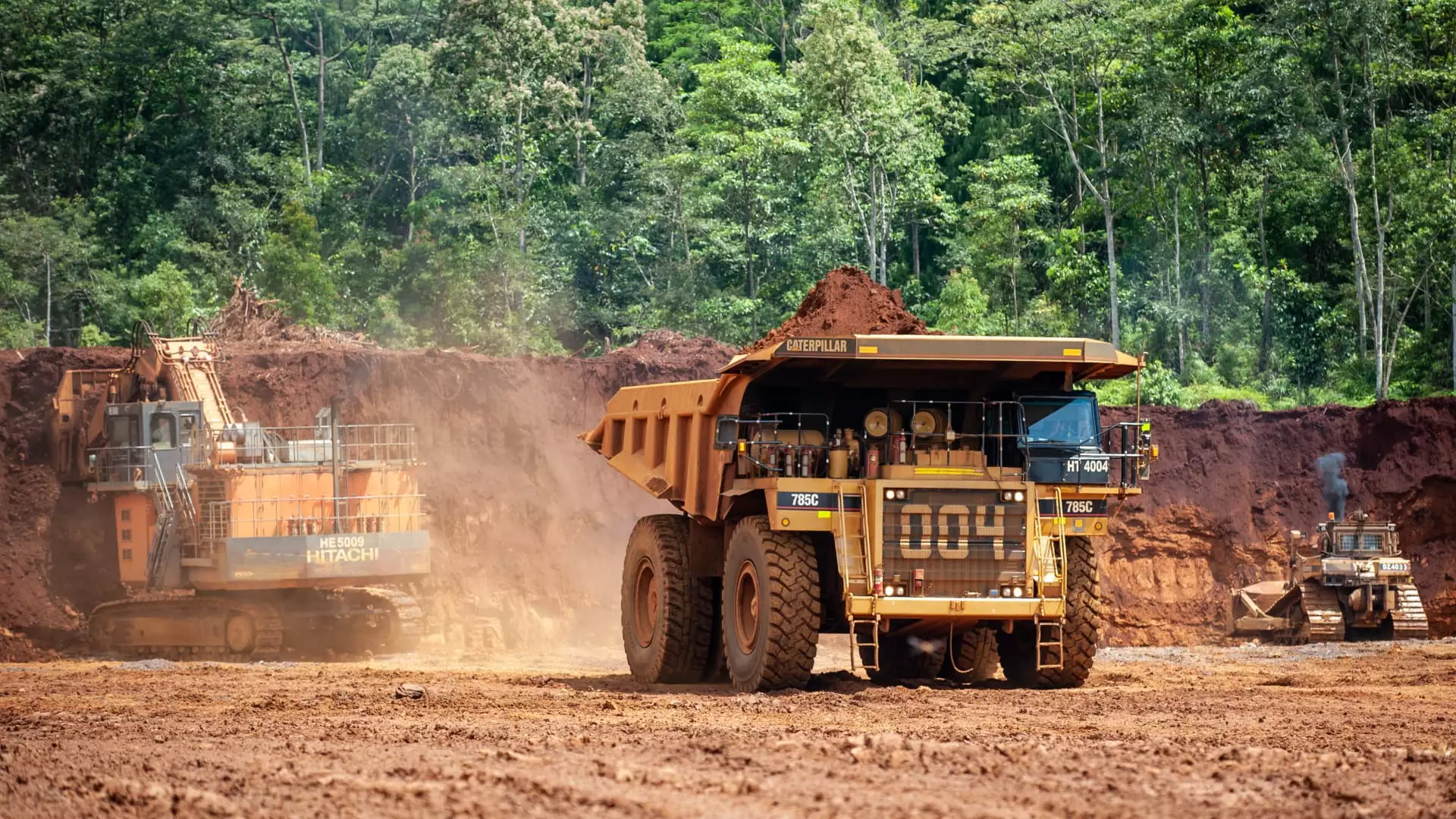Nickel mining in Indonesia has seen a significant surge in recent years, propelling the country to become the world’s top producer of this essential metal. Currently, Indonesia boasts over 14 active mines, supplying more than 40% of the global demand for nickel. This growth is largely attributed to the metal’s crucial role in electric vehicle (EV) batteries, driving the rapid expansion of nickel production in the country.
While Indonesia’s partnership with China has played a vital role in boosting its mining capabilities and refining processes, concerns about the environmental impact of nickel mining are on the rise. Issues such as water pollution and deforestation near mining sites have raised alarms among environmental activists. Additionally, the oversupply resulting from increased nickel production in Indonesia has had a ripple effect on other producers worldwide, leading to lower prices and impacting countries like Australia and Canada.
In response to the challenges posed by the surge in nickel production in Indonesia, companies in countries like the United States are exploring alternative strategies to secure their nickel supply chains. For instance, Talon Metals, a US-based company, is advocating for developing local nickel sources under strict environmental standards. By partnering with leading automakers such as Tesla and promoting battery recycling, Talon Metals aims to meet the rising global demand for EVs and renewable energy in a sustainable manner.
In 2020, Elon Musk, the CEO of Tesla Inc, made a significant call to mining companies to ramp up their nickel production. Musk emphasized the importance of efficient and environmentally sensitive nickel mining practices, offering long-term contracts to companies that meet these criteria. This message from Musk highlights the growing demand for nickel in the EV industry and the need for sustainable mining practices to support this burgeoning market.
Despite the global demand for nickel, the United States faces significant challenges in securing its nickel supply. With just one operational nickel mine in Michigan, the US mined only 17,000 metric tons of nickel in 2023, significantly lower than Indonesia’s production levels. However, efforts by companies like Talon Metals to open new nickel mines in the US, such as in Minnesota, signify a step towards reducing the country’s reliance on imports and establishing a more sustainable nickel supply chain.
Overall, the rise of nickel mining in Indonesia has far-reaching implications for the global economy, particularly in the EV and renewable energy sectors. While economic benefits are evident, the environmental impact and supply chain challenges underscore the need for sustainable practices and diversified sources of nickel production to meet the demands of a rapidly evolving industry.

